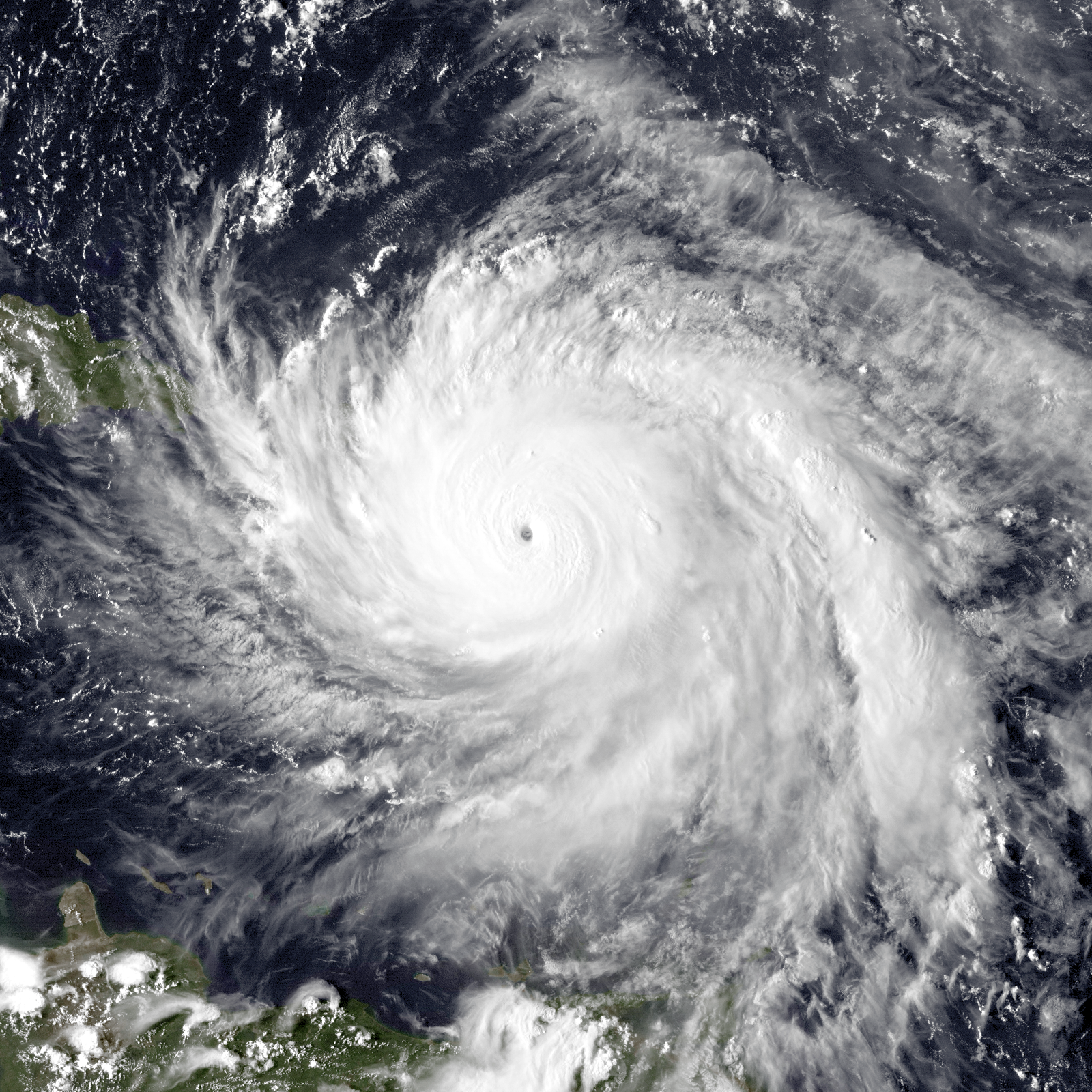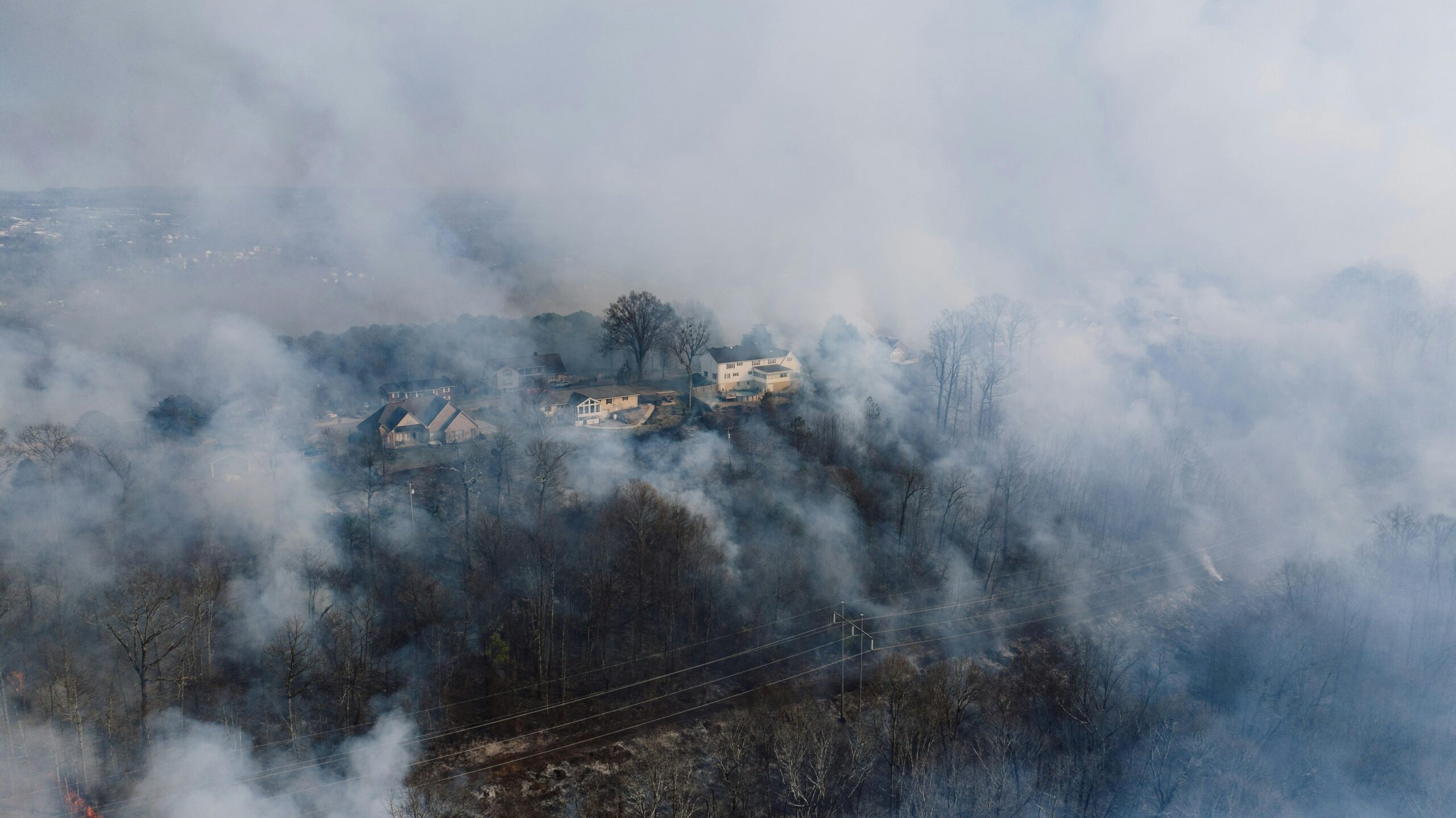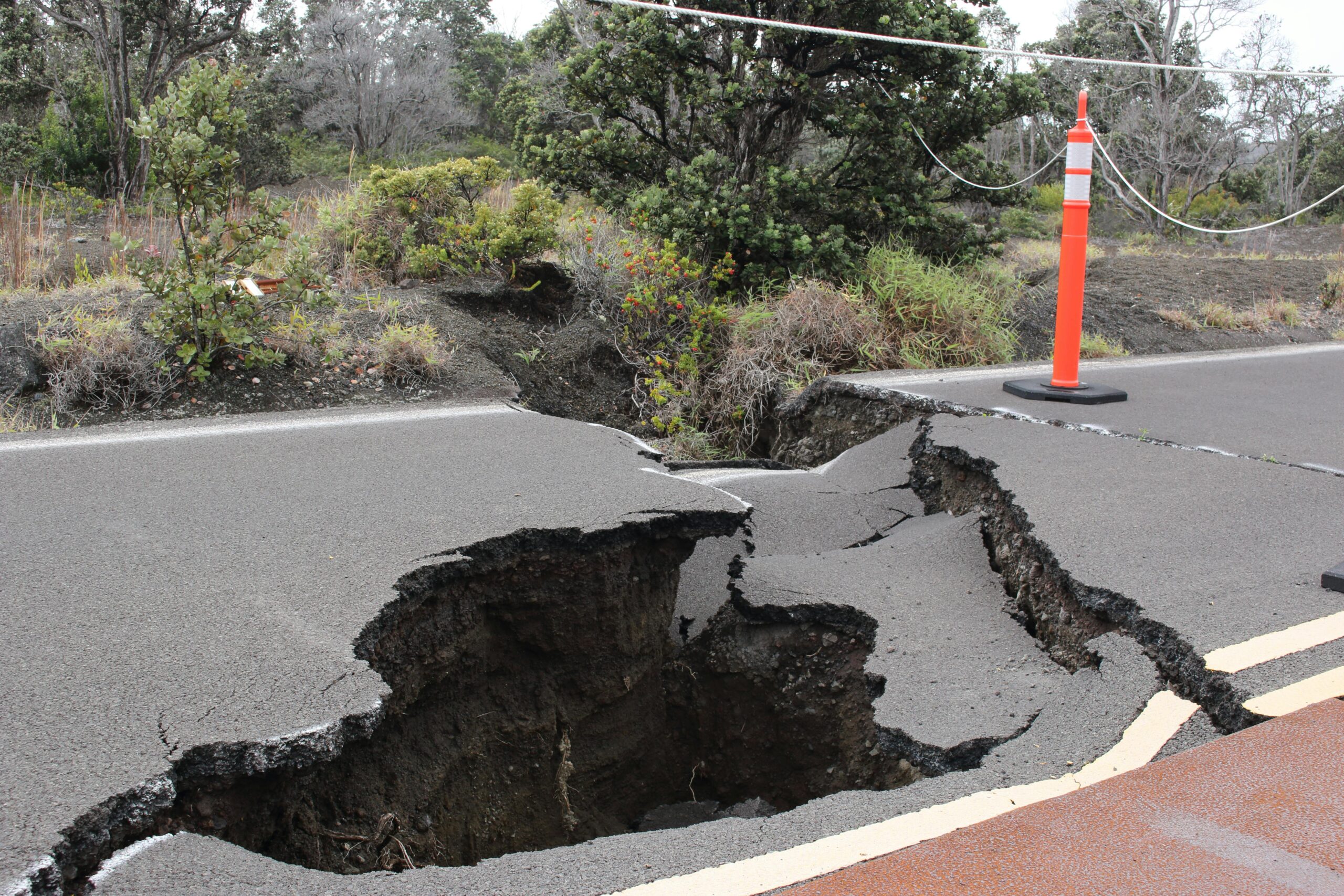Earlier this year, the World Meteorological Organization (WMO) hosted its annual meeting. It announced it would no longer use the Greek Alphabet for future storms. Leaders stated it creates a distraction and adds confusion in already chaotic, stressful situations.
Why The Change?
The decision to eliminate the Greek names does not come as too much of a surprise. The WMO used the Greek alphabet only twice during its 15-year history. The National Hurricane Center first recommended a new naming system back in 2005 due to the first record-breaking hurricane season that exhausted all 21 names. Again, in 2020, all names were used. Instead, a new list of names A-Z, excluding Q, U, X, Y & Z, was created and approved which will exceed 21 names.
In addition, the WMO stated there was confusion from similar-sounding names such as Eta, Theta, Zeta. Also, there were complications in translating names into other languages. The WMO does not want names to distract from the importance of the impact of storms and emergency messaging.
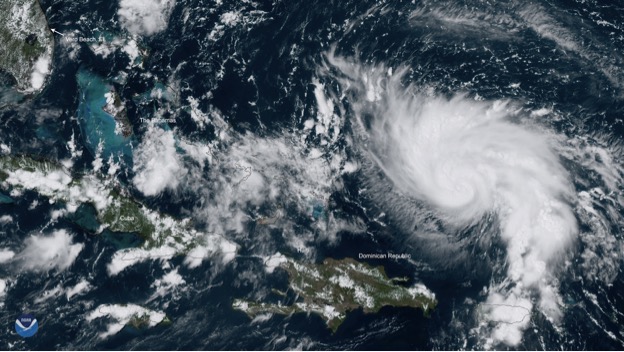
Secondly, WMO retired the names of three hurricane from the 2020 season, Laura, Eta, and Iota, and one from the 2019 season, Dorian. However, the organization did not retire other severely damaging storms such as Zeta, Delta, and Isaias from 2020. These storms were very costly of more than $2 billion each.
Retired Storms
- Hurricane Eta is the deadliest Atlantic storm of 2020, making landfall in northern Nicaragua on November 3rd. The category 4 storm lingered over Central America for three days bringing 140 mph winds. Eta killed at least 309 people.
- Hurricane Iota was the only category 5 hurricane of 2020. It made landfall just two weeks after Hurricane Eta in the same region. The storm killed 102 people with $1.3 billion in damage.
- Hurricane Laura was the most damaging storm of 2020, costing $19 billion in damage. Consequently, the storm tied as the fifth-strongest hurricane to make US landfall, killing 42 people.
- Hurricane Dorian intensified into a category 5 hurricane causing destruction throughout the Caribbean in 2019. Unfortunately, Dorian killed 73 people and left more than 200 people missing in the Bahamas.
Click here to read more about storm naming systems.
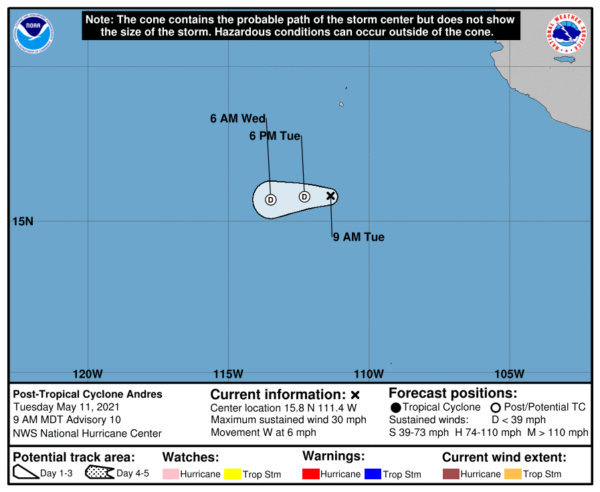
While the Atlantic hurricane season is still on the horizon, the Pacific waters have already begun to brew. The first tropical storm of the season had already formed in the Eastern Pacific Ocean on May 9th. Fortunately, Tropical Storm Andres developed hundreds of miles off the Pacific Coast of Mexico and fizzled into a post-tropical cyclone. However, it is the earliest named storm on record to form in that basin.
Sources: WMO, The Weather Channel

